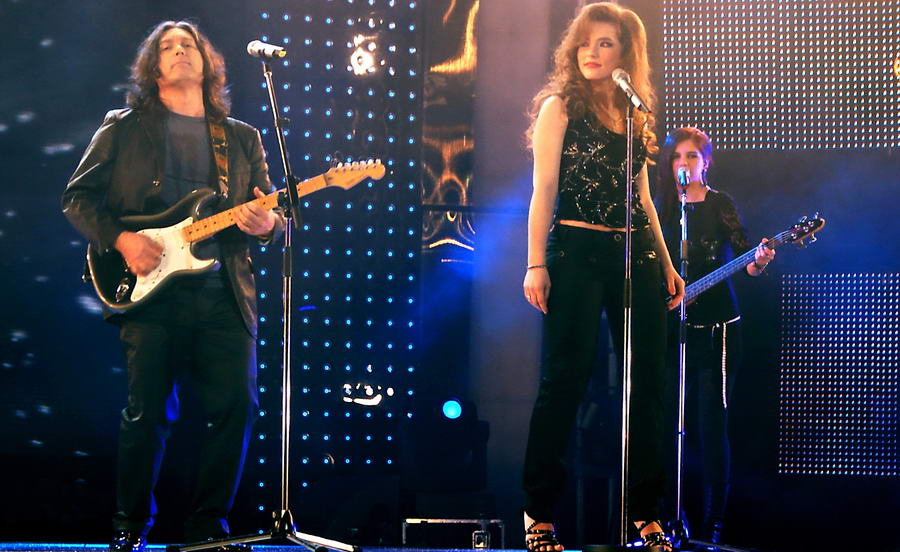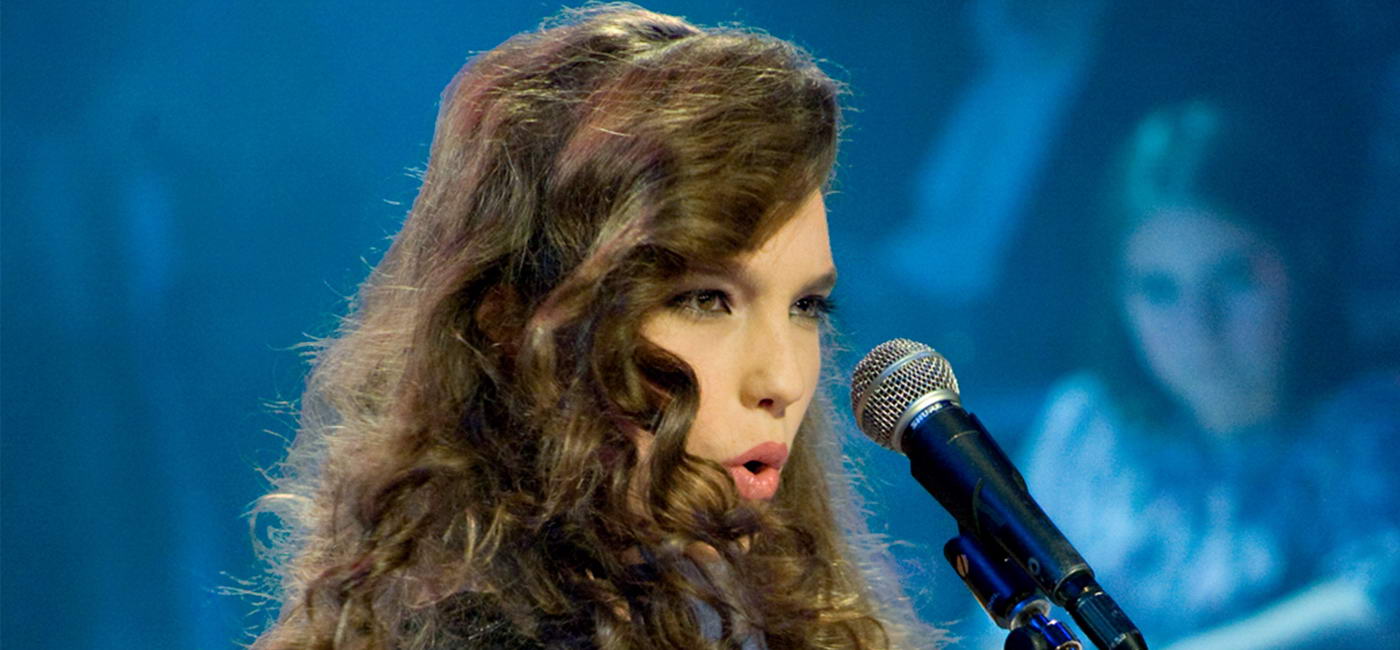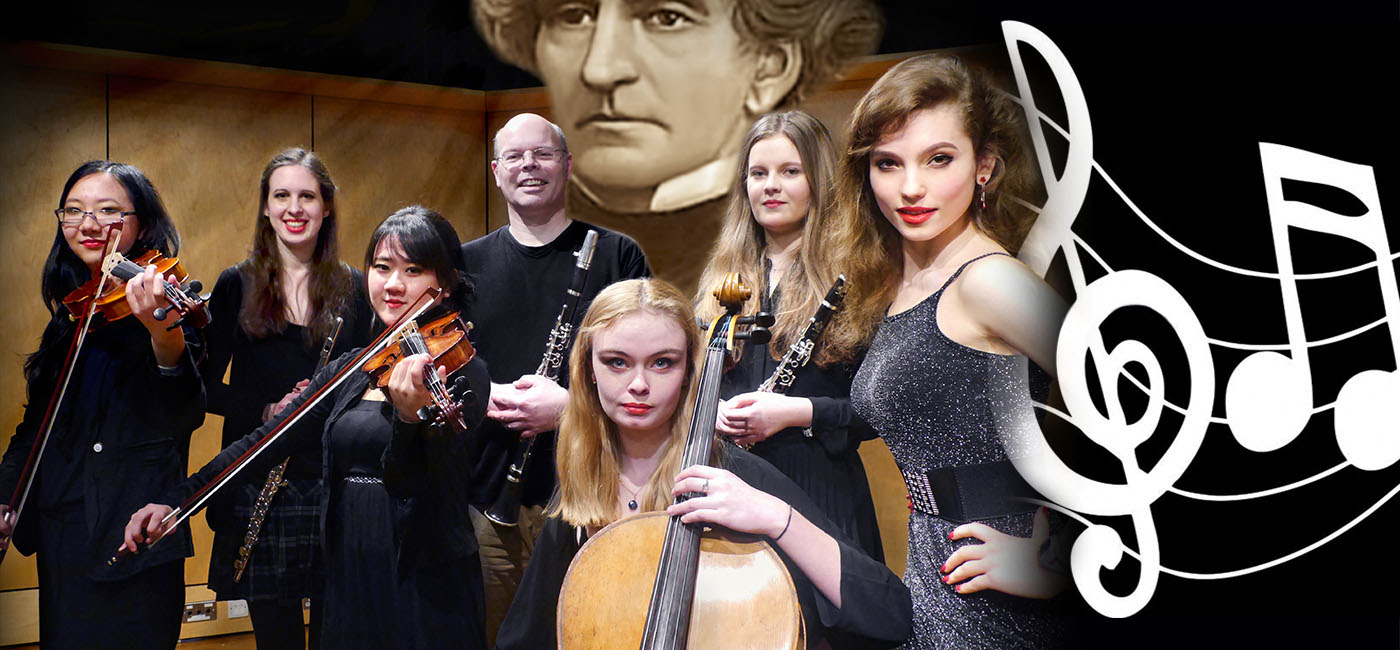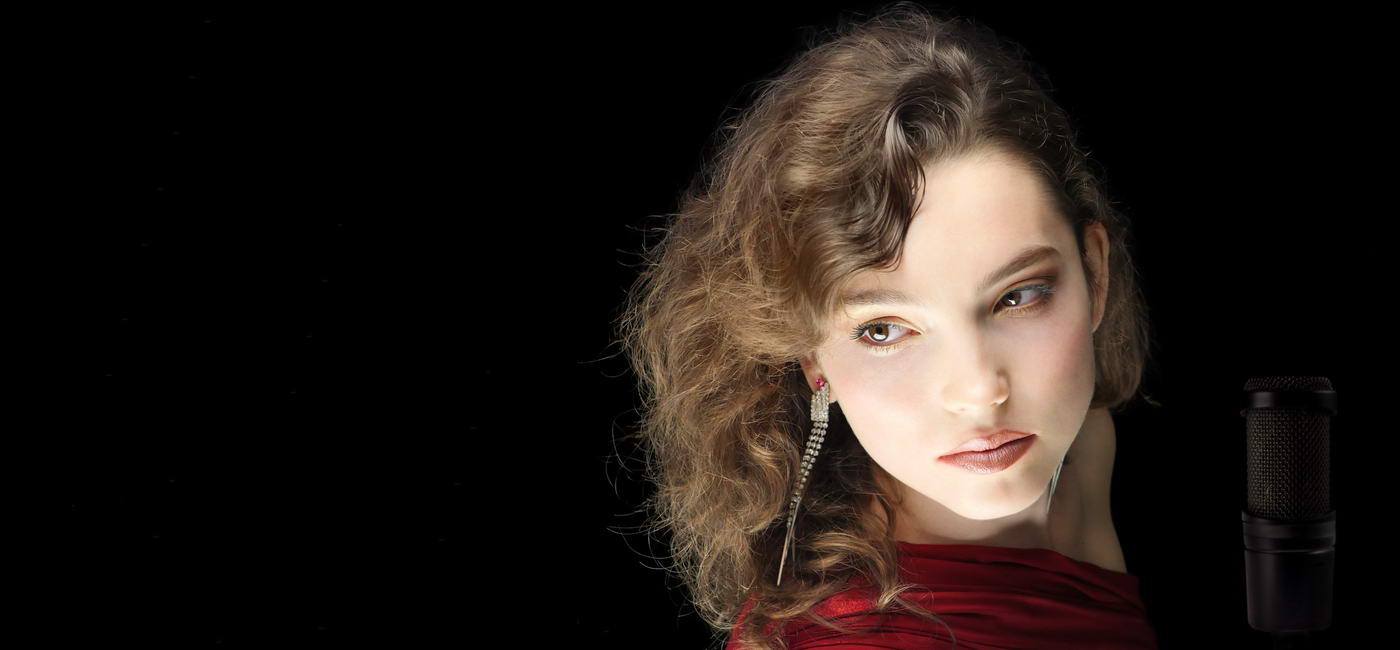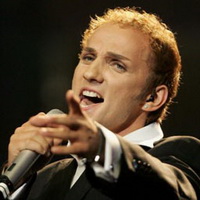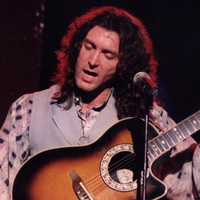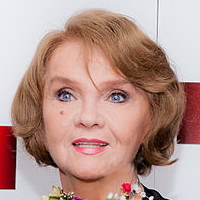It has always been important for me to express myself through music combined with intense academic studies. Having studied at The Purcell School, City University and Guildhall and currently studying MA Opera course at Royal Welsh College of Music and Drama, I am gaining an in depth knowledge into both performance and its theoretical process.
I am also interested in the ways in which acting may inform the vocal performance and learning about baroque gestures. I attended read-throughs of plays at the Guildhall Reading Room which I find greatly informed my performances. In Addition, I study German, Italian, French and Czech to develop my skills in languages and analysis. Both academic and artistic interests contribute to my artistic development and I therefore find it vital to have a flexible pallet of educational resources.
My first concert at Wigmore Hall, 22/9/13, followed by masterclasses with Sarah Walker and the chance of working with John Evans have proved to be insightful experiences into the world of professional singing. I have coordinated my own chamber ensemble, “Berliozya", since 2014 and in addition to studio compositions I compose vocal and instrumental music. "Crashing Waves” and “Trust is all we need” performed at the City Summer Festival of London 26/05/2016 and 14/06.2017 by the Exhaudi vocal ensemble uses the IPA, in which I explore new pitch and phonetic combinations. I have won many singing awards, most notably the National Selection of Eurovision Contest 2010 in Romania (fifth place) before going through to the live final round of Romanian X Factor in 2012. In 2011 I was awarded the "Margareta Paslaru" prize for Original Singing Performance and II prize in the "Mamaia Copiilor Festival" Composer Competition. In 2015 I received 1st prize in the "Ealing Festival of Music, Dance, Speech and Drama”, the Solo Singing Trophy at the Godalming Festival, the Ann Lampard Award, the Geraldine Wensley Trophy for Opera, and the Festival Goblet for female voice.
An in depth theoretical study of music emphasizes one's musical growth and the aesthetic quality of music. My degree has given me an insight into the classical style and opera of the 19th century. Moved to research the Romantic era and its singing style in greater depth, I researched Verdi's Macbeth. Among the first operas applied to the literary and theatrical domains and thereby opposing the ‘old’ Italian conventions, Verdi’s Macbeth represents a conception of a world that encompasses a multitude of artistic phenomena. This research has led me to experiment with singing bel canto. My knowledge of the classical style has enabled me to research the relationship between the French Revolution and Haydn's works. Haydn's often complex musical style and his compositional adaptation to the cultural contexts —regardless of his own political orientation — influenced my own compositions. Like Haydn I try refining the listener's ear by progressively implementing more complex features into my compositions in the context of today’s contemporary music scene.
Indeed the socio-cultural aspects of music open one to new compositional ideas and philosophical approaches as music ranges from strictly organized, to improvisational, to aleatoric forms. The ways in which music and sound affect humans have long been a subject for scholarly debate – for instance, Weiss and Taruskin, Music in The Western World.
“The Count of Monte Cristo" provokes a debate: can the human spirit prevail over life's vicissitudes? When faced with an infinitesimal hope of freedom, Dumas infers that determination can transform a futile action into a successful one. The courageous act of defying a lost cause based on a religious conviction or a solid human determination all lead to the naive belief that the good shall succeed.
Details here!

